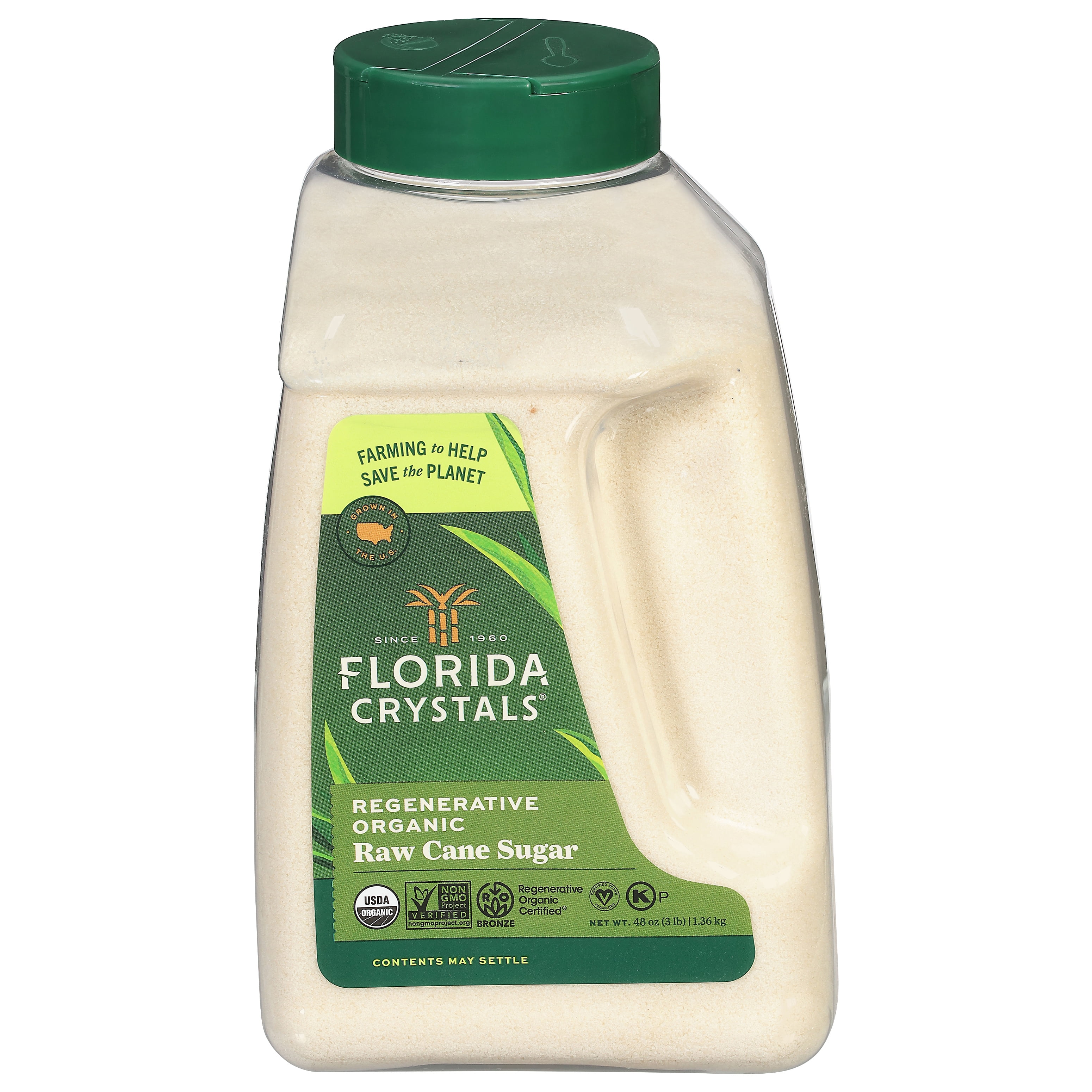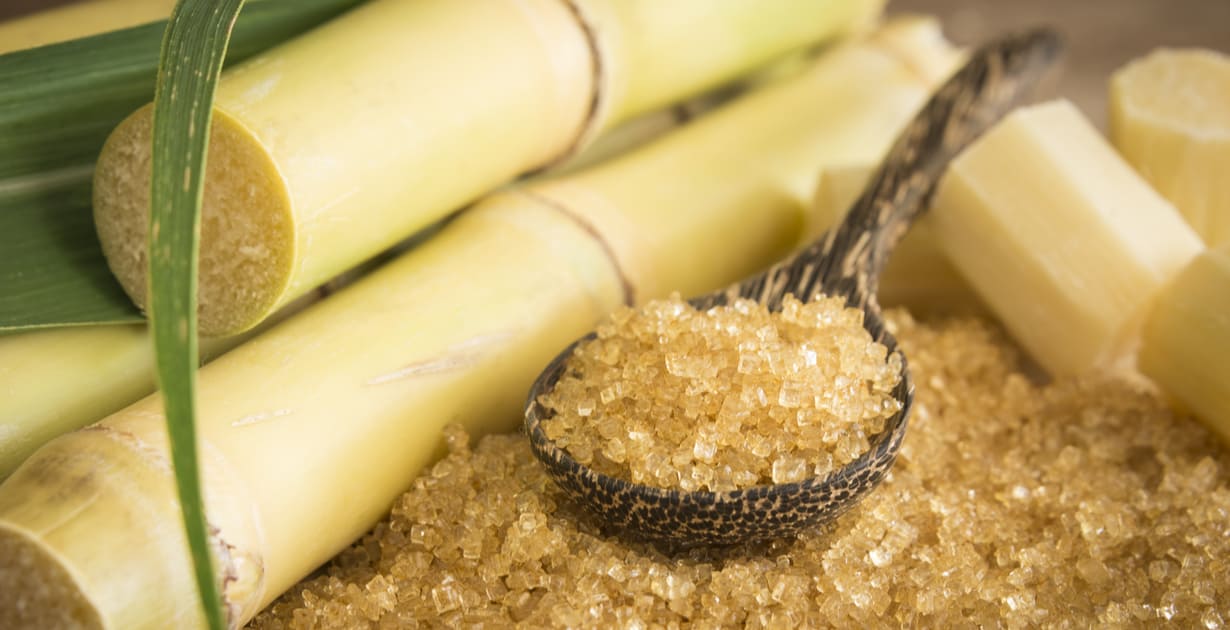Vital Cane Sugar Processing Chemicals: A Comprehensive Guide
Vital Cane Sugar Processing Chemicals: A Comprehensive Guide
Blog Article
Navigating Regulatory Conformity and Sustainability With Cutting-Edge Cane Sugar Processing Chemicals in the Chemical Export Sector

Regulatory Landscape Overview
In the realm of cane sugar handling chemicals within the chemical export sector, recognizing the governing landscape is extremely important for making certain conformity and lasting procedures. Regulative bodies such as the Epa (EPA) and the Food and Drug Administration (FDA) play a vital function in supervising the production, import, and export of these chemicals. Compliance with laws established forth by these bodies is not just a lawful demand yet additionally necessary for keeping public health and wellness and ecological safety requirements.
Regulatory frameworks governing cane sugar handling chemicals incorporate a large range of aspects, consisting of labeling demands, acceptable levels of particular compounds, and standards for risk-free handling and disposal. For chemical exporters, this suggests adhering to strict paperwork processes, quality assurance steps, and routine audits to demonstrate adherence to these regulations.

Sustainable Walking Stick Sugar Chemical Innovations

One famous location of technology is the growth of eco-friendly chemicals that reduce water and power intake throughout the sugar handling stages. By executing these sustainable solutions, companies can decrease their carbon impact while preserving high degrees of efficiency. Additionally, developments in naturally degradable chemicals are acquiring traction, offering an extra eco friendly alternative to traditional handling representatives.
Moreover, the integration of renewable power resources in the manufacturing procedure is coming to be a lot more widespread, additional enhancing the sustainability account of walking stick sugar handling. By accepting these sustainable walking cane sugar chemical advancements, firms can not just meet regulatory needs however also show a commitment to ecological obligation in the chemical export industry.
Conformity Challenges in Exporting Chemicals
Browsing regulatory structures positions substantial difficulties for chemical merchants, requiring thorough interest to conformity requirements and global legislations. Exporting chemicals entails adherence to a complicated internet of policies read this article that differ from country to country. Among the main conformity challenges encountered by chemical exporters is ensuring that the items fulfill the particular regulatory demands of the importing country. This consists of getting the needed authorizations, qualifications, and documentation to demonstrate the safety and security and legality of the chemicals being exported.
Furthermore, chemical merchants need to remain abreast of frequently advancing regulations and criteria connected to chemical transportation, production, and handling. Failing to conform with these regulations can result in serious repercussions, consisting of penalties, lawsuit, and reputational damages. Browsing profession limitations, permissions, and export control legislations adds an additional layer of intricacy to the compliance landscape for chemical exporters.
To mitigate these obstacles, chemical merchants need to purchase robust compliance programs, conduct routine audits, and involve with regulative authorities to guarantee a detailed understanding of the appropriate laws and guidelines. By focusing on compliance and staying aggressive in addressing governing challenges, chemical exporters can navigate the complexities of global profession successfully.
Environmental Influence of Cane Sugar Handling
The environmental implications of cane sugar handling are a vital aspect needing thorough assessment in the chemical export industry. Walking stick sugar handling can have significant environmental influences at various phases of manufacturing. One of the main problems is the generation of large volumes of wastewater having raw material, suspended solids, and chemicals utilized in the handling plants. This wastewater, otherwise correctly dealt with, can contaminate water bodies, harm water life, and weaken overall water high quality. In addition, the burning of sugarcane areas before gathering, a typical technique in some areas, releases damaging air toxins and greenhouse gases right into the atmosphere, contributing to air high quality problems and environment adjustment.
Additionally, the substantial usage of chemicals and plant foods in sugarcane growing can lead to soil degradation, water contamination, and harm to non-target organisms. It is important for chemical exporters involved in the cane sugar processing industry to apply lasting techniques, purchase innovative wastewater therapy modern technologies, advertise accountable agricultural methods, and stick to rigorous ecological guidelines to reduce the negative ecological influence of their operations.
Future Trends in Sustainability Practices
What ingenious methods are chemical exporters in the walking cane sugar handling industry taking on to improve sustainability methods for the future? As the demand for lasting methods remains to expand, chemical exporters are welcoming different trends to ensure a greener future for the sector. One popular trend is the change towards creating and using environment-friendly chemicals in the processing of walking cane sugar. These chemicals are created to reduce ecological effect while maintaining high degrees of efficiency in the manufacturing process.
One more key pattern is the execution of sophisticated modern technologies such as automation and data analytics to enhance source usage and minimize waste generation. By harnessing the power of data and automation, chemical merchants can streamline their operations, enhance power efficiency, visit this page and improve total sustainability performance.
Additionally, cooperations and partnerships with sustainability-focused organizations and stakeholders are ending up being significantly common. By collaborating, chemical exporters can exchange understanding, share finest techniques, and jointly drive innovation towards more lasting walking cane sugar handling techniques. Embracing these patterns will certainly not just profit the setting but also make sure lasting success and competitiveness in the market.
Final Thought
To conclude, why not find out more the chemical export market need to browse complex regulatory landscapes and sustainability obstacles when refining walking cane sugar. Developments in cane sugar handling chemicals are crucial to fulfilling conformity criteria and lowering environmental impact. As the sector continues to progress, it is very important for firms to embrace lasting techniques and stay in advance of future fads to guarantee lasting success.
In the world of walking stick sugar processing chemicals within the chemical export industry, understanding the regulatory landscape is paramount for ensuring conformity and lasting operations.Checking out innovative methods in the development of lasting walking stick sugar chemical services is important for advancing ecological stewardship in the chemical export market. Companies are increasingly spending in research study and development to develop innovative cane sugar handling chemicals that not only guarantee high performance in sugar manufacturing however also stick to strict sustainability standards.
In addition, chemical exporters must remain abreast of regularly evolving requirements and policies associated to chemical transport, handling, and production - Cane Sugar Processing Chemicals.The environmental implications of walking stick sugar handling are a vital aspect requiring detailed evaluation in the chemical export market
Report this page